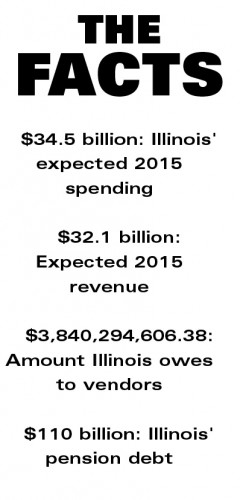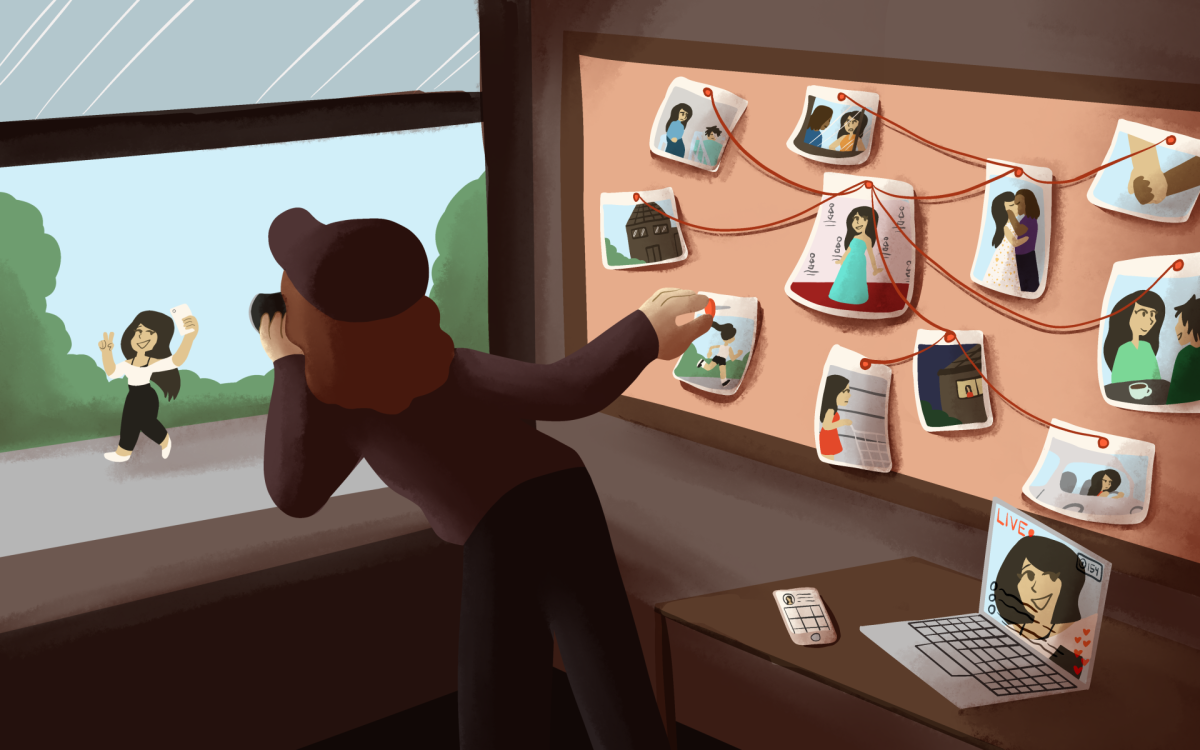
As Gov. Rauner and state Democrats bicker, citizens of the state suffer. This is what it comes down to as we enter month six without a budget and no signs of an end in sight.
Rauner, the rookie governor entered the office in November after promising to “Shake up Springfield, and bring back Illinois.” This was a message welcomed by a majority of citizens who had become tired of the status quo.
Decades of leadership by House Speaker Michael Madigan, a Chicago Democrat, and several governors of both parties, had left the state with the largest unfunded pension liability of any state in the country, a terrible bond rating, mountains of unpaid bills and an ineffective bureaucracy.
In his victory speech last November, Rauner pledged to put an end to the politics of the past.
“The voters have chosen to have a divided government, not so we can fight, not so we can bicker, not so we can get angry with each other,” Rauner said. “But it’s to find solutions, bipartisan solutions to solve the problems of Illinois.”
If only this were the Rauner who showed up for work in Springfield in January. Once in office, the governor moved immediately to curb the collective bargaining rights of state workers and attached the passage of his turnaround agenda, a series of pro-business, anti-union proposals, to his support of any budget deal.
 The Democrats, on the other hand, have scoffed at Rauner’s demands for non-budgetary riders to a budget bill, preferring to focus solely on the budget before addressing Rauner’s agenda.
The Democrats, on the other hand, have scoffed at Rauner’s demands for non-budgetary riders to a budget bill, preferring to focus solely on the budget before addressing Rauner’s agenda.
With government divided and no clear mandate on either side, this has become a war of attrition that some think might not end until after the primaries in March. While this might be the most politically convenient for each side, the consequence is that the state’s poorest and most vulnerable citizens will be the ones who pay.
Through cuts to vital services such as subsidized daycare for working mothers, social services for the disabled, or MAP grants for low-income and working class college students, this is a crisis that has the potential for dire consequences every that passes without a budget in place.
No one denies that the legislative Democrats are at fault for much of the problems the state is facing today. Madigan, along with every other politician who graced the halls of the capitol building in the last 40 years shares some of the blame.
However, in a democracy, compromise must win the day — especially in divided government. Rauner’s tactics, as much as the Chicago Tribune Editorial Board cheers him on, will not lead to a resolution of the state budget and will only lead to more prolonged suffering for people who rely on state services to live.
The governor should drop his union-busting demands, head to the capitol and work to hammer out a compromise with Madigan. Once a budget is in place, Democrats should consider in good faith some of Rauner’s turnaround agenda items, such as worker’s compensation. Chicago Mayor Rahm Emanuel has indicated that he would be willing to work with the governor on that.
Coming from the business world, Rauner is used to people following his orders unquestioned. But government is not a business, it is a public service. And right now, it is not serving anyone.







